Home>Furniture & Design>Bathroom Accessories>How To Get Rust Stains Off A Bathtub
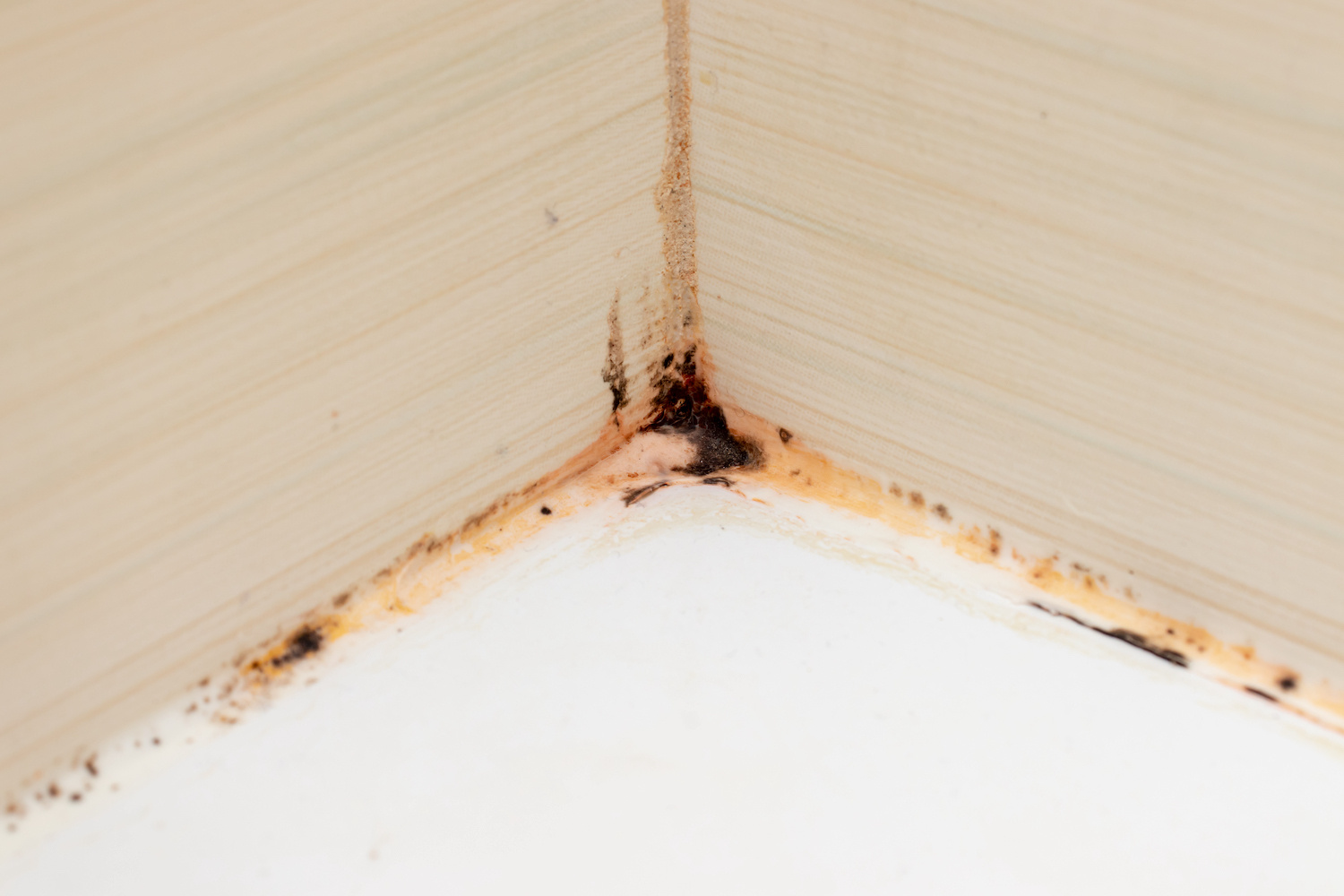

Bathroom Accessories
How To Get Rust Stains Off A Bathtub
Published: February 18, 2024
Learn effective methods to remove rust stains from your bathtub with our expert tips and tricks. Keep your bathroom accessories looking clean and pristine.
(Many of the links in this article redirect to a specific reviewed product. Your purchase of these products through affiliate links helps to generate commission for Storables.com, at no extra cost. Learn more)
Introduction
Rust stains on a bathtub can be a frustrating and unsightly issue for many homeowners. Whether you're dealing with an old porcelain tub or a modern acrylic one, the presence of rust stains can detract from the overall appeal of your bathroom. Fortunately, there are several effective methods for removing these stubborn stains and preventing their recurrence.
In this comprehensive guide, we will explore the various techniques and remedies for tackling rust stains on bathtubs. From understanding the nature of rust stains to implementing natural remedies and preventive measures, we will cover everything you need to know to restore the pristine condition of your bathtub.
So, if you've been grappling with the challenge of rust stains in your bathtub, fret not. By the end of this article, you'll be equipped with the knowledge and strategies to bid farewell to those pesky rust stains and maintain a sparkling, rust-free bathtub for the long haul. Let's dive in and discover the secrets to achieving a rust-free, gleaming bathtub that will leave you feeling rejuvenated and proud of your bathroom space.
Key Takeaways:
- Say goodbye to rust stains on your bathtub by using natural remedies like vinegar, baking soda, and lemon juice. Prevent future stains with regular maintenance and rust-resistant accessories for a gleaming, rust-free tub.
- Understand the causes of rust stains and take proactive measures to prevent and remove them. Embrace eco-friendly natural remedies and protective coatings to keep your bathtub pristine and rust-free.
Read more: How To Get Rust Stains Off Trex Decking
Understanding Rust Stains
Rust stains on a bathtub are a common nuisance that can arise from a variety of sources. Understanding the nature of these stains is crucial in effectively addressing and preventing their recurrence. Rust, scientifically known as iron oxide, forms when iron or metal objects come into contact with moisture and oxygen over time. In the context of a bathtub, rust stains typically originate from metal fixtures, such as shaving razors, metal toys, or even the bathtub drain itself. When these metal items are exposed to water and air, the process of oxidation occurs, leading to the formation of unsightly rust stains on the bathtub surface.
It's important to note that the presence of rust stains not only affects the visual appeal of the bathtub but can also indicate potential underlying issues with the plumbing or fixtures. Therefore, addressing rust stains promptly is essential to prevent any further damage to the bathtub and associated components.
Furthermore, the material of the bathtub can influence the susceptibility to rust stains. For instance, porcelain and enamel bathtubs are more prone to developing rust stains due to their porous nature, which allows the iron particles to penetrate the surface and form stubborn stains. On the other hand, acrylic and fiberglass bathtubs are less susceptible to rust stains, but they are not entirely immune to this issue.
In addition to metal objects and plumbing issues, hard water can also contribute to the formation of rust stains. Hard water contains high levels of minerals, such as iron and calcium, which can leave behind stubborn deposits and discolorations on the bathtub surface over time. The combination of these minerals with oxygen and moisture can accelerate the formation of rust stains, especially in areas with poor water quality.
By understanding the underlying causes of rust stains, homeowners can take proactive measures to address the root sources of the problem and implement effective strategies for removing and preventing these unsightly blemishes. With a clear understanding of the factors contributing to rust stains, individuals can make informed decisions when selecting cleaning products and maintenance routines to keep their bathtubs free from the clutches of rust.
Common Methods for Removing Rust Stains
When it comes to tackling rust stains on a bathtub, there are several common methods that have proven to be effective in restoring the pristine condition of the surface. These methods encompass a range of cleaning products and techniques, each offering unique benefits in the battle against stubborn rust stains. Let's explore these tried-and-true methods for rust stain removal:
-
Commercial Rust Removers:
- Commercial rust removers are specially formulated to dissolve and eliminate rust stains from various surfaces, including bathtubs. These products often contain powerful chemical compounds that break down the iron oxide molecules, making it easier to wipe away the stains. It's important to follow the manufacturer's instructions when using commercial rust removers and to ensure proper ventilation during application.
-
Vinegar and Baking Soda:
- A natural and cost-effective approach to rust stain removal involves using a combination of vinegar and baking soda. The acidic nature of vinegar helps to loosen the rust stains, while the abrasive properties of baking soda aid in scrubbing away the discolored areas. By creating a paste with these two ingredients and applying it to the affected areas, homeowners can effectively diminish the appearance of rust stains on their bathtub surfaces.
-
Lemon Juice and Salt:
- Another natural remedy for rust stain removal involves the use of lemon juice and salt. The citric acid in lemon juice acts as a natural bleaching agent, while the abrasive texture of salt assists in lifting the rust stains. By applying a mixture of lemon juice and salt to the affected areas and allowing it to sit for a period of time, homeowners can witness a noticeable reduction in the intensity of rust stains.
-
Oxygen-Based Cleaners:
- Oxygen-based cleaners, often available in powder or liquid form, are effective in targeting rust stains without the use of harsh chemicals. These cleaners work by releasing oxygen ions, which break down the chemical bonds of the rust stains, thereby facilitating their removal. Oxygen-based cleaners are particularly suitable for individuals seeking a gentler approach to rust stain removal, especially in households with children or pets.
-
DIY Citric Acid Solution:
- For those who prefer a DIY approach, creating a citric acid solution by dissolving citric acid powder in water can be an effective rust stain remover. Citric acid, derived from citrus fruits, exhibits powerful chelating properties that can effectively dissolve and lift rust stains from bathtub surfaces. This natural solution offers a safe and environmentally friendly alternative to traditional chemical-based cleaners.
By leveraging these common methods for removing rust stains, homeowners can take proactive steps to restore the luster of their bathtubs and eliminate the unsightly blemishes caused by rust. Whether opting for commercial rust removers, natural remedies, or DIY solutions, there are ample choices available to address rust stains and rejuvenate the appearance of the bathtub, transforming it into a pristine and inviting feature of the bathroom.
Natural Remedies for Rust Stain Removal
When it comes to combating rust stains on a bathtub, natural remedies offer a compelling alternative to commercial cleaners, providing effective solutions while minimizing exposure to harsh chemicals. These natural remedies harness the power of common household ingredients to tackle rust stains, offering a safe and eco-friendly approach to restoring the pristine condition of the bathtub surface. Let's delve into the details of these natural remedies and explore their efficacy in rust stain removal.
Lemon Juice and Salt
Lemon juice, renowned for its natural bleaching properties, serves as a potent ally in the battle against rust stains. When combined with salt, which acts as an abrasive agent, lemon juice forms a formidable natural remedy for rust stain removal. The citric acid present in lemon juice effectively breaks down the iron oxide molecules, while the granular texture of salt aids in lifting the discolored stains from the bathtub surface. To utilize this remedy, homeowners can create a paste by mixing lemon juice and salt and apply it directly to the affected areas. Allowing the mixture to sit for a period of time enables the natural acids and abrasives to work their magic, gradually diminishing the appearance of rust stains.
Read more: How To Get Hard Water Stains Off Bathtub
Vinegar and Baking Soda
The dynamic duo of vinegar and baking soda offers a versatile and cost-effective solution for rust stain removal. Vinegar, with its acidic properties, serves to dissolve and loosen the stubborn rust stains, while baking soda, renowned for its gentle abrasive nature, aids in scrubbing away the discolored areas. By creating a paste with these two ingredients and applying it to the affected areas, homeowners can effectively diminish the intensity of rust stains on their bathtub surfaces. The effervescent reaction that occurs when vinegar and baking soda combine enhances the cleaning action, making this natural remedy a popular choice for those seeking an eco-friendly and budget-friendly solution to rust stain removal.
DIY Citric Acid Solution
For individuals inclined towards a DIY approach, harnessing the power of citric acid presents a compelling natural remedy for rust stain removal. By dissolving citric acid powder in water, homeowners can create a potent solution that exhibits powerful chelating properties, capable of effectively dissolving and lifting rust stains from bathtub surfaces. Derived from citrus fruits, citric acid offers a safe and environmentally friendly alternative to traditional chemical-based cleaners, making it an appealing choice for those seeking natural remedies for rust stain removal.
By incorporating these natural remedies into their cleaning routines, homeowners can effectively combat rust stains on their bathtubs while embracing a more sustainable and chemical-free approach to maintenance. These natural solutions not only offer effective rust stain removal but also contribute to a healthier and eco-conscious living environment, ensuring that the bathtub remains a gleaming and inviting feature of the bathroom.
Preventing Rust Stains in the Future
Preventing the recurrence of rust stains on a bathtub is essential for maintaining the pristine condition of the surface and preserving the overall aesthetic appeal of the bathroom. By implementing proactive measures and adopting preventive strategies, homeowners can effectively safeguard their bathtubs against the unsightly blemishes caused by rust. Here are several key practices to prevent rust stains in the future:
Regular Maintenance
Consistent and thorough cleaning of the bathtub is paramount in preventing the accumulation of rust stains. By incorporating a regular cleaning routine that targets metal fixtures, drains, and areas prone to moisture buildup, homeowners can mitigate the risk of rust formation. Utilizing non-abrasive cleaning tools and gentle, pH-neutral cleaners can help preserve the integrity of the bathtub surface while effectively removing any potential sources of rust.
Read more: How To Get Rust Off Countertops
Addressing Plumbing Issues
Promptly addressing any plumbing issues, such as leaks or corrosion in the water supply, can significantly reduce the likelihood of rust stains in the bathtub. Ensuring that the plumbing system is well-maintained and free from leaks will minimize the exposure of metal components to moisture, thereby mitigating the risk of rust formation. Regular inspections and timely repairs are crucial in preventing plumbing-related rust stains.
Protective Coatings
Applying protective coatings or sealants to metal fixtures and surfaces in the bathroom can serve as a proactive measure against rust formation. Utilizing products specifically designed to inhibit rust, such as rust-resistant primers or coatings, can provide a barrier that shields metal components from the effects of moisture and oxidation. Additionally, maintaining a dry environment in the bathroom by using exhaust fans or dehumidifiers can further contribute to preventing rust stains.
Use of Rust-Resistant Accessories
Opting for rust-resistant bathroom accessories, such as stainless steel or coated metal fixtures, can significantly reduce the risk of rust stains in the bathtub. By choosing accessories that are specifically designed to withstand moisture and oxidation, homeowners can proactively minimize the potential sources of rust formation, thereby preserving the pristine appearance of the bathtub.
Water Softening Systems
Installing water softening systems can effectively mitigate the impact of hard water on bathtub surfaces, thereby reducing the formation of rust stains. By removing minerals and impurities from the water supply, water softeners can prevent the buildup of mineral deposits and discolorations, contributing to a cleaner and rust-free bathtub environment.
By incorporating these preventive measures into their maintenance routines, homeowners can proactively safeguard their bathtubs against the recurrence of rust stains, ensuring that the bathroom remains a welcoming and aesthetically pleasing space for relaxation and rejuvenation.
Read more: How To Get Rust Off Patio
Conclusion
In conclusion, the battle against rust stains on a bathtub is a multifaceted endeavor that requires a combination of understanding, proactive measures, and effective remedies. Rust stains, stemming from the interaction of metal, moisture, and oxygen, can mar the pristine appearance of the bathtub, posing a persistent challenge for homeowners. However, armed with the knowledge and strategies outlined in this guide, individuals can confidently address rust stains and maintain a gleaming, rust-free bathtub for the long term.
By comprehending the underlying causes of rust stains, homeowners can identify potential sources of oxidation and take proactive steps to prevent their recurrence. Regular maintenance, prompt plumbing repairs, and the use of protective coatings and rust-resistant accessories serve as crucial preventive measures in safeguarding the bathtub against the unsightly blemishes caused by rust. Furthermore, the installation of water softening systems can effectively mitigate the impact of hard water, contributing to a cleaner and rust-free bathtub environment.
When it comes to removing existing rust stains, homeowners have a diverse array of methods at their disposal. From commercial rust removers to natural remedies such as vinegar, baking soda, lemon juice, and citric acid solutions, there are ample choices available to combat rust stains effectively. These methods offer a spectrum of benefits, catering to diverse preferences and environmental considerations while delivering impressive results in rust stain removal.
The utilization of natural remedies not only provides effective solutions for rust stain removal but also contributes to a healthier and eco-conscious living environment. By harnessing the power of common household ingredients, homeowners can embrace a sustainable and chemical-free approach to maintaining the pristine condition of their bathtubs.
In essence, the journey to achieving a rust-free bathtub encompasses a blend of understanding, prevention, and effective remedies. By integrating these strategies into their maintenance routines, homeowners can bid farewell to the persistent challenge of rust stains and revel in the rejuvenating ambiance of a sparkling, rust-free bathtub. With a commitment to proactive maintenance and the application of effective rust stain removal techniques, individuals can transform their bathrooms into inviting sanctuaries of relaxation and comfort, free from the clutches of unsightly rust stains.
Frequently Asked Questions about How To Get Rust Stains Off A Bathtub
Was this page helpful?
At Storables.com, we guarantee accurate and reliable information. Our content, validated by Expert Board Contributors, is crafted following stringent Editorial Policies. We're committed to providing you with well-researched, expert-backed insights for all your informational needs.
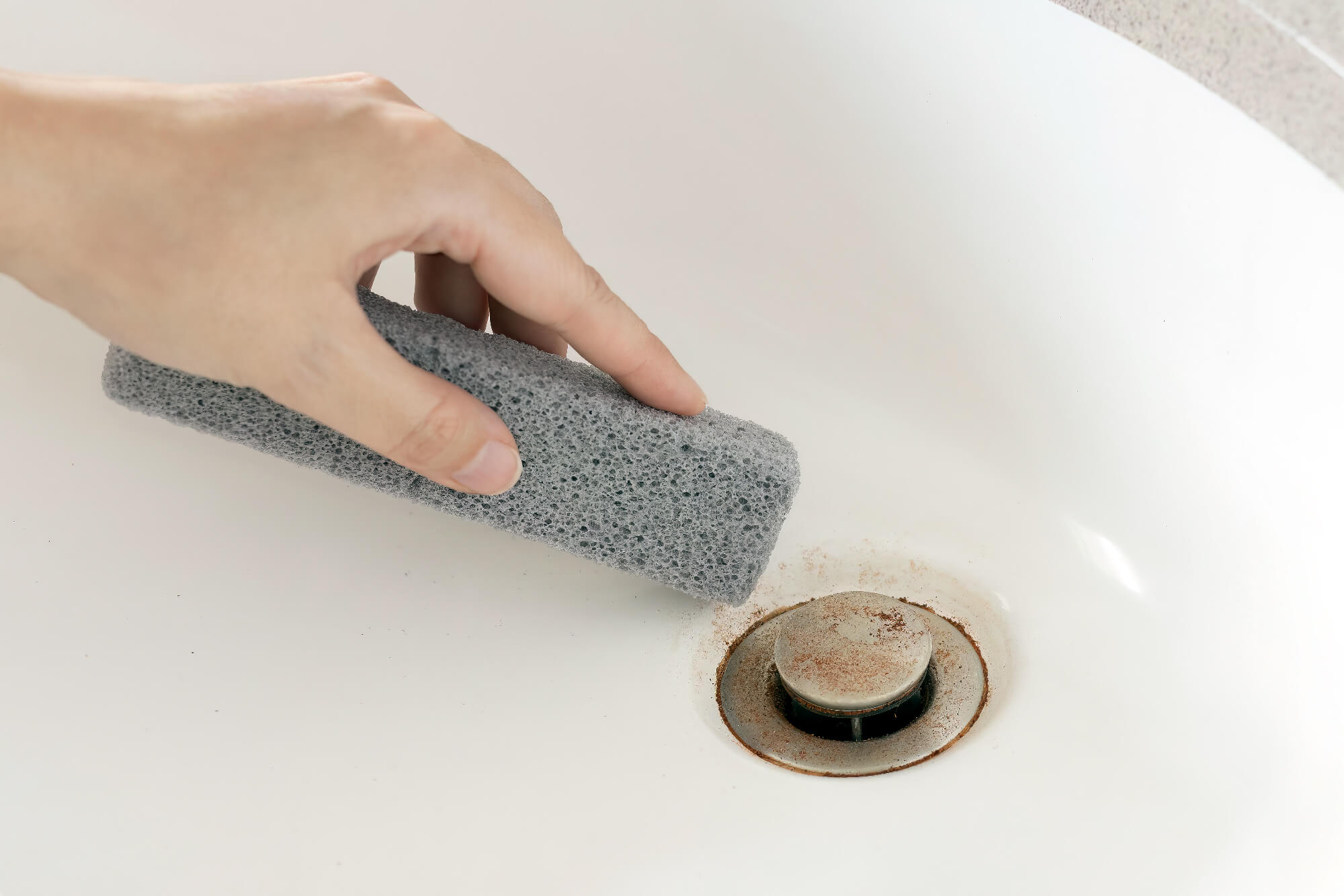
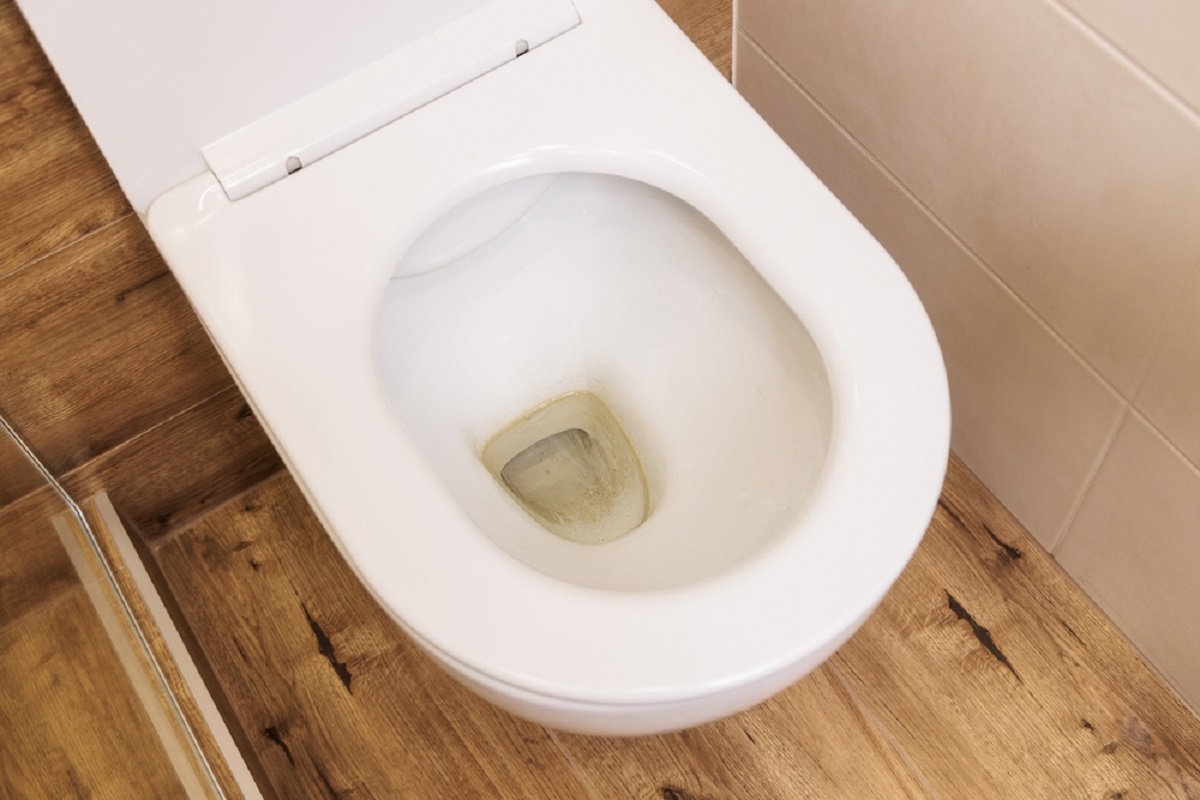
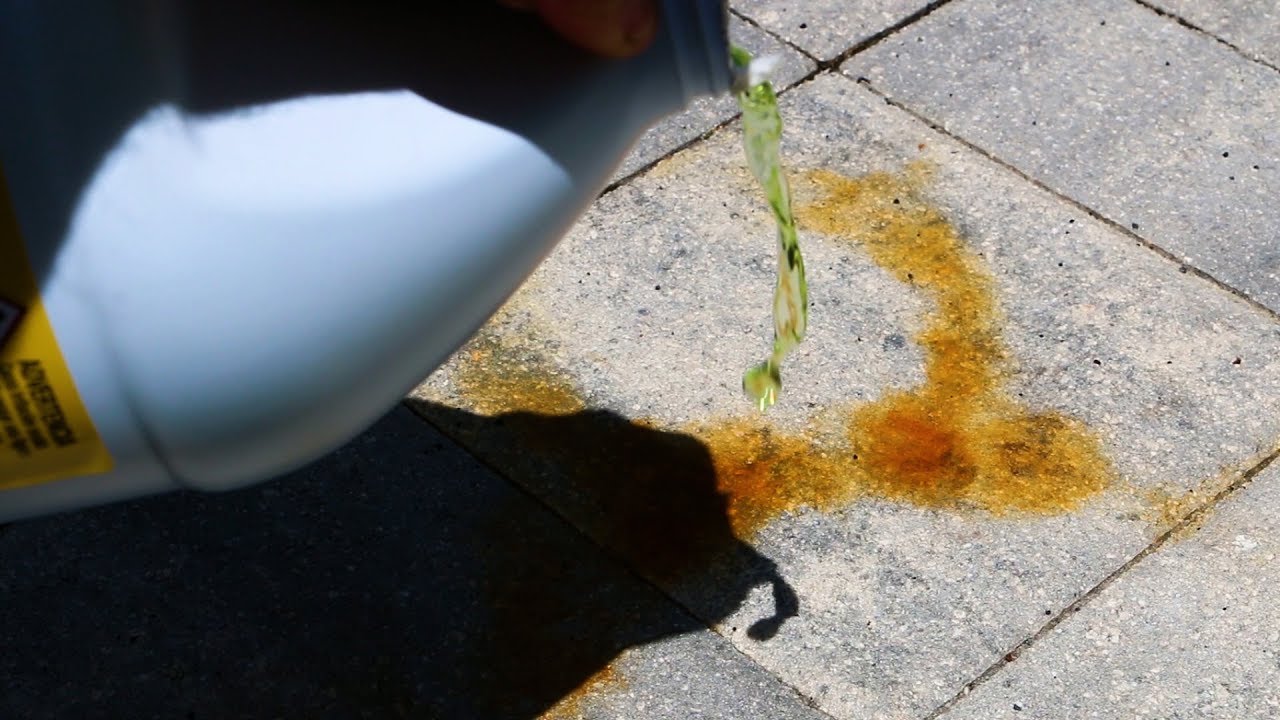
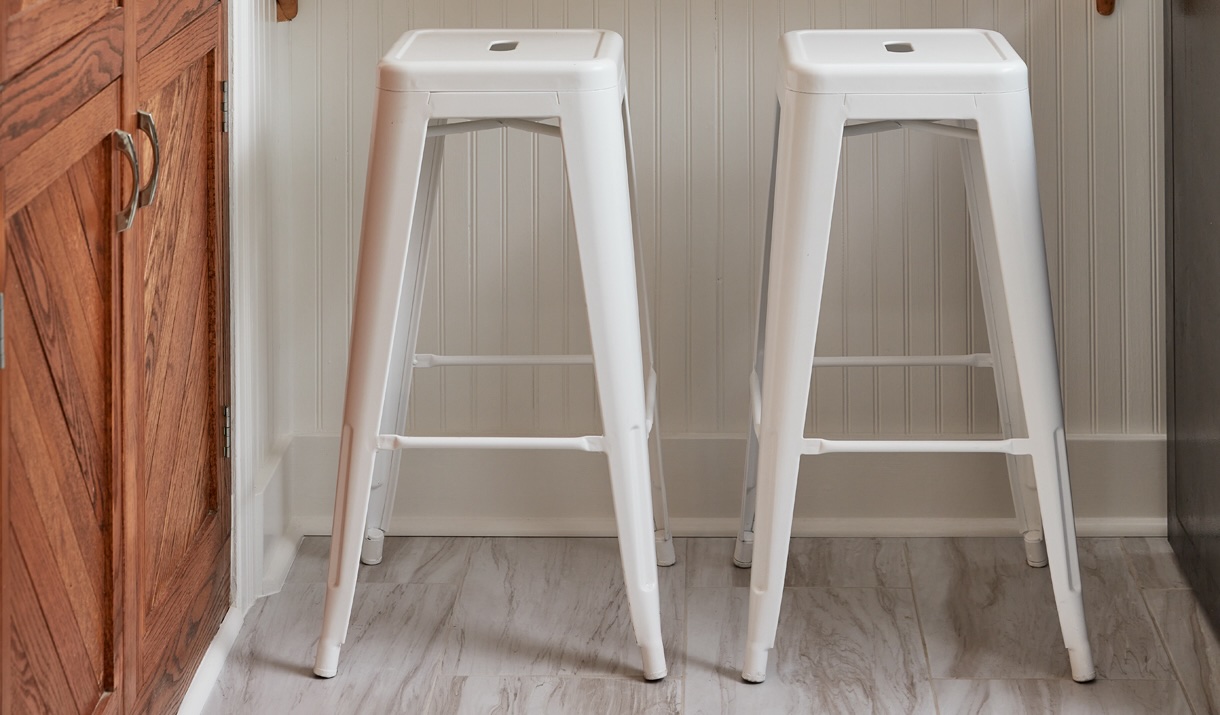
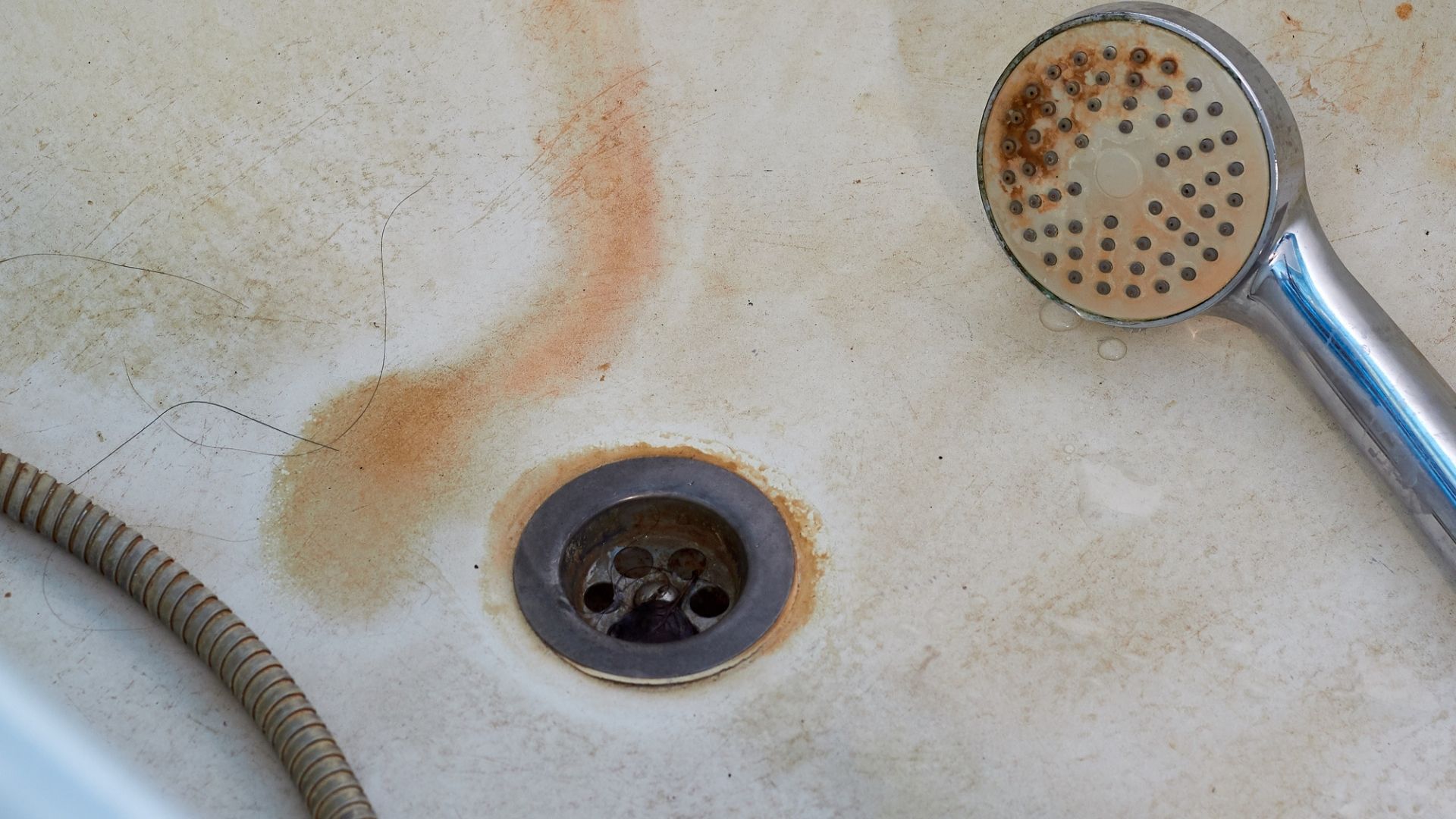
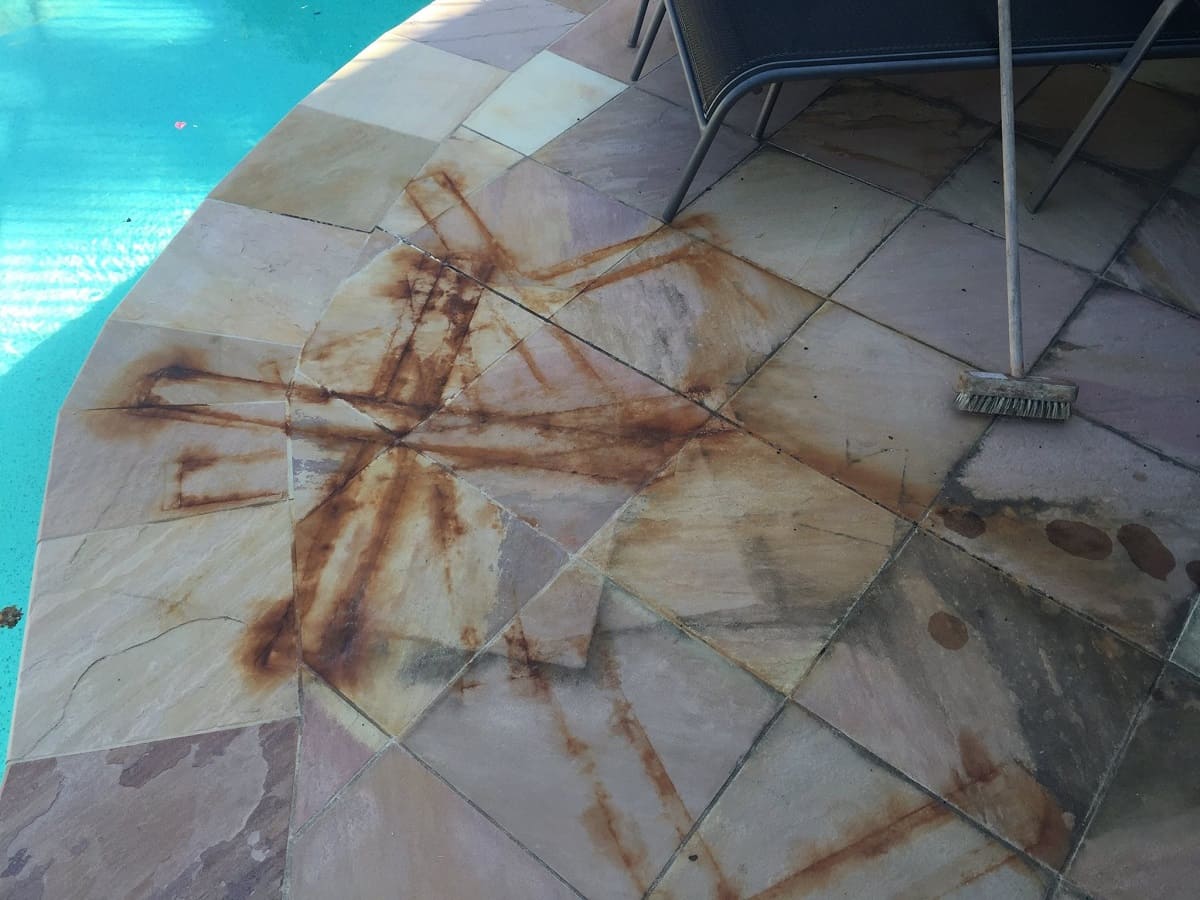
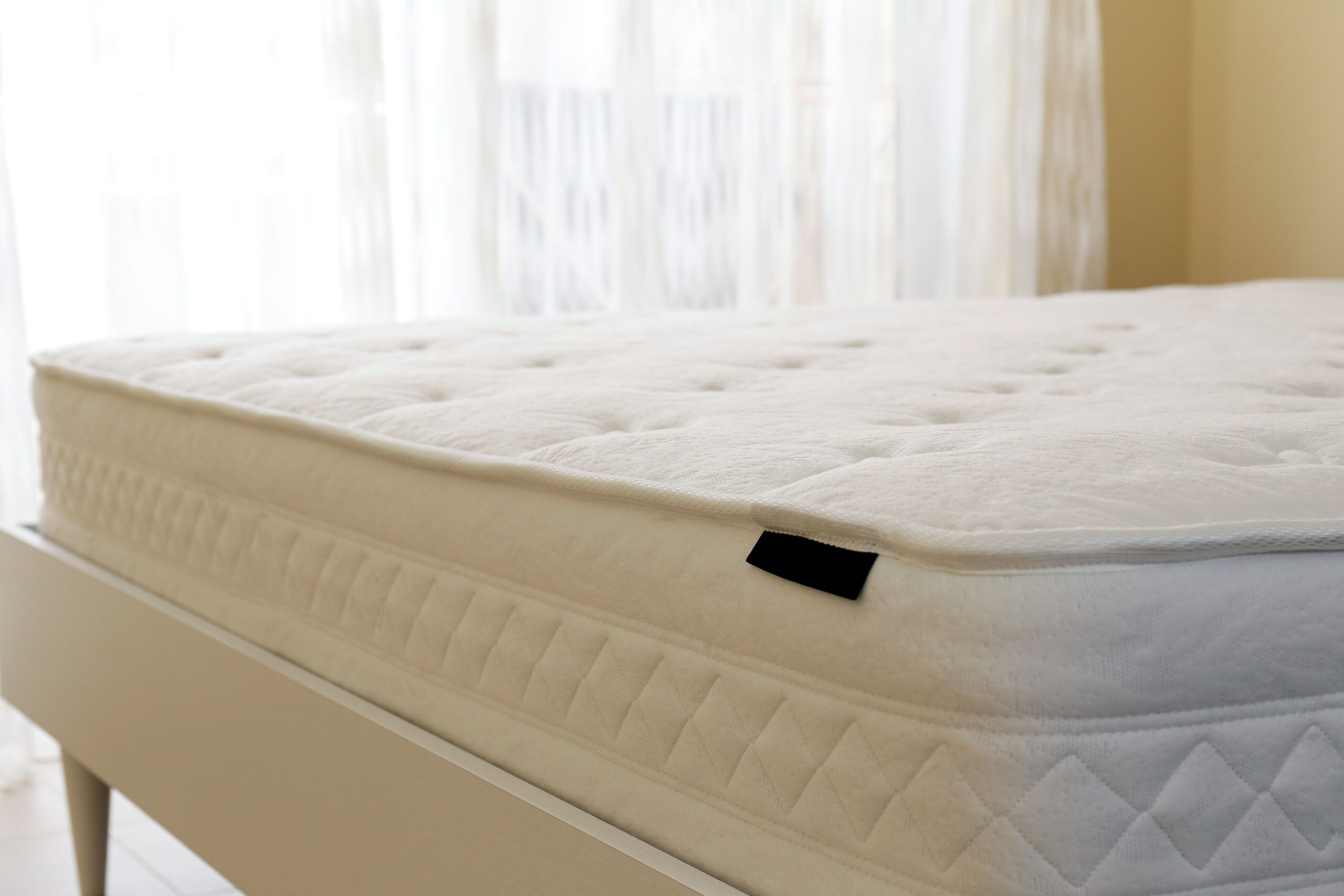
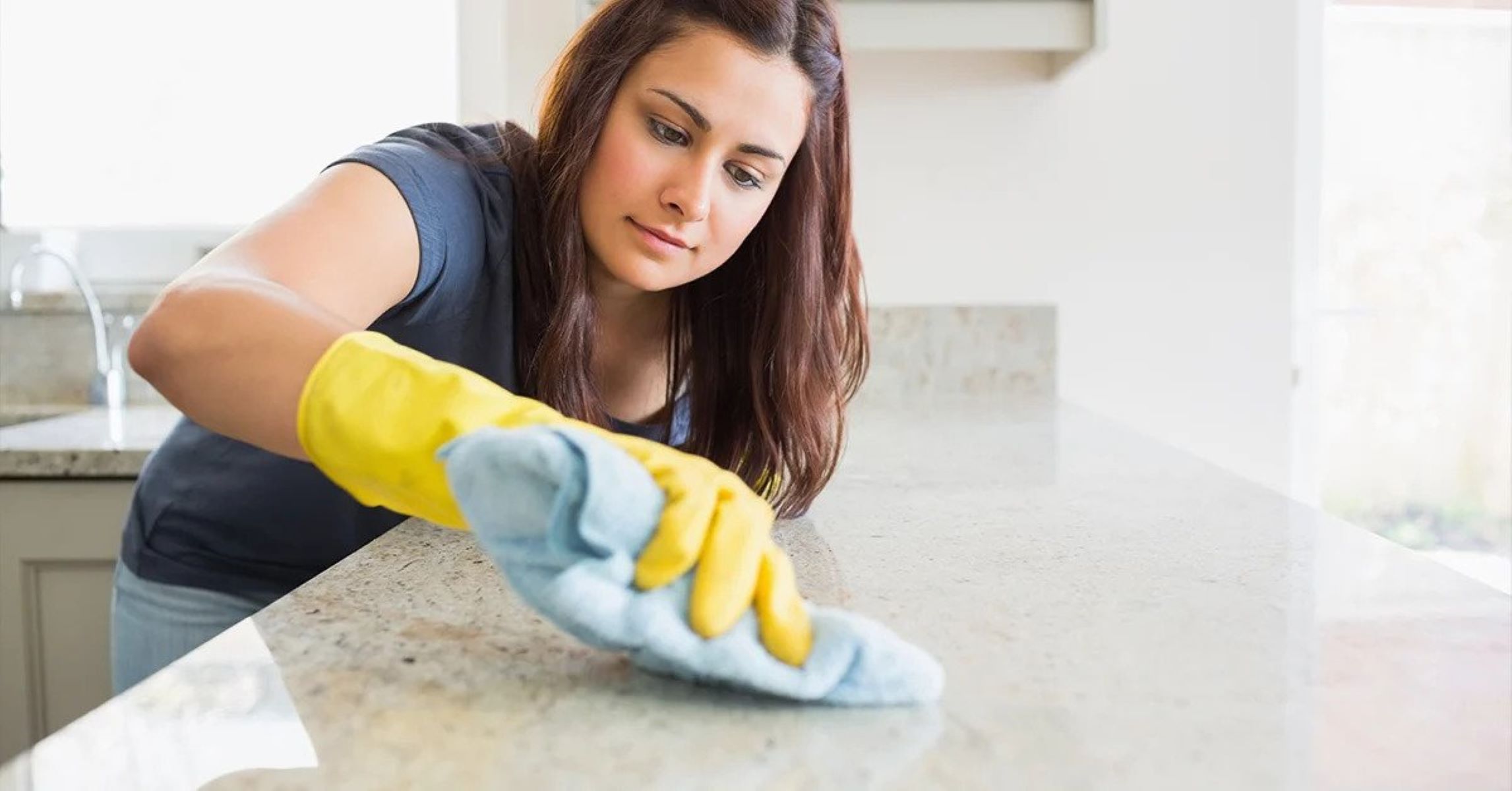
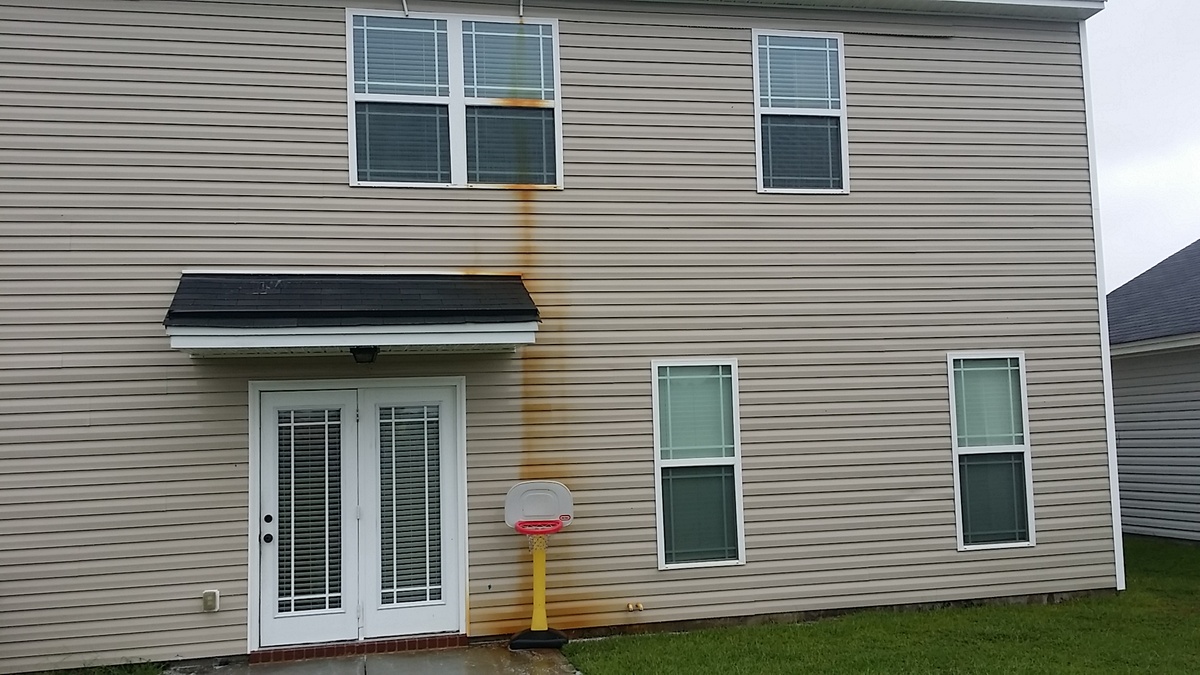
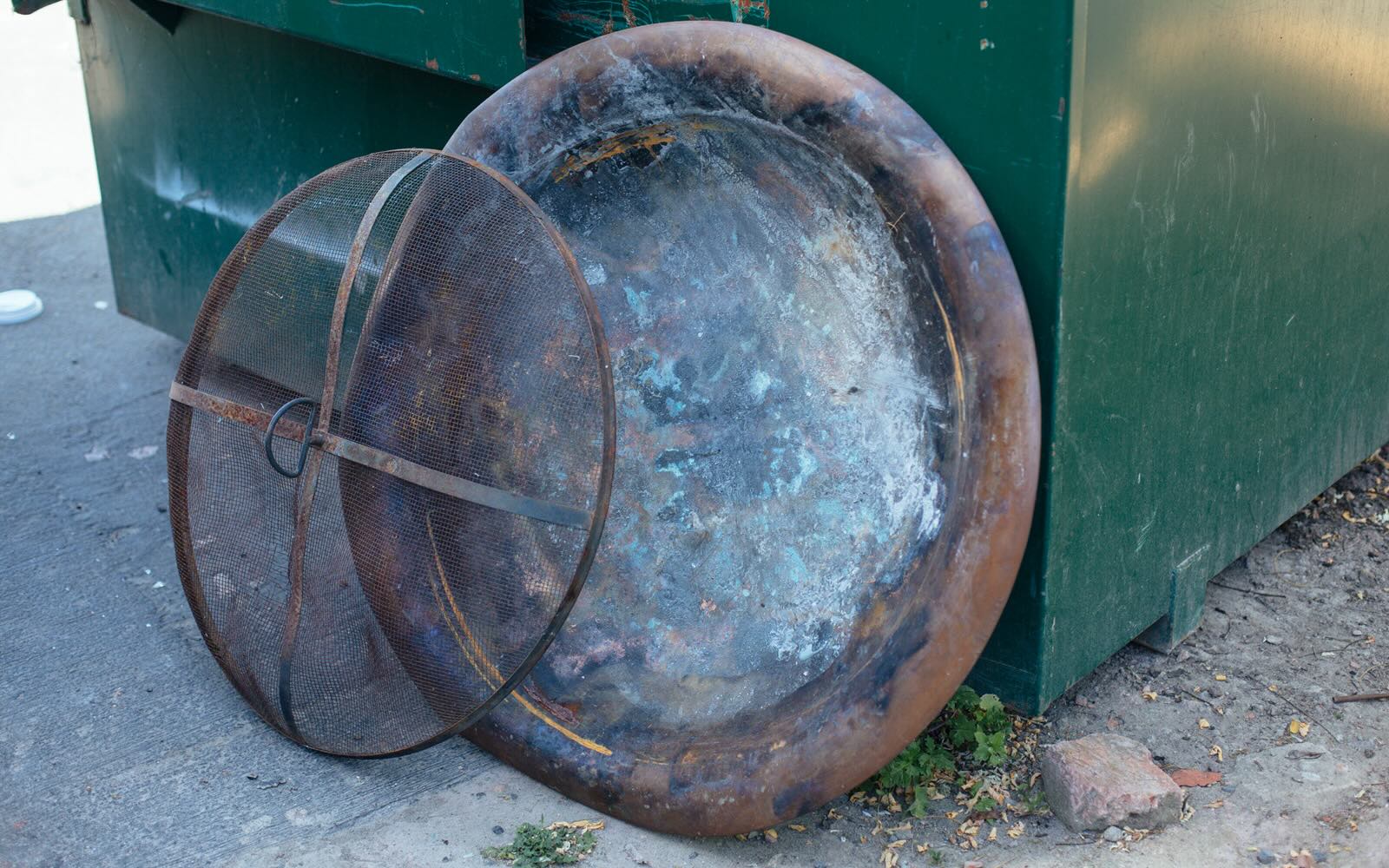
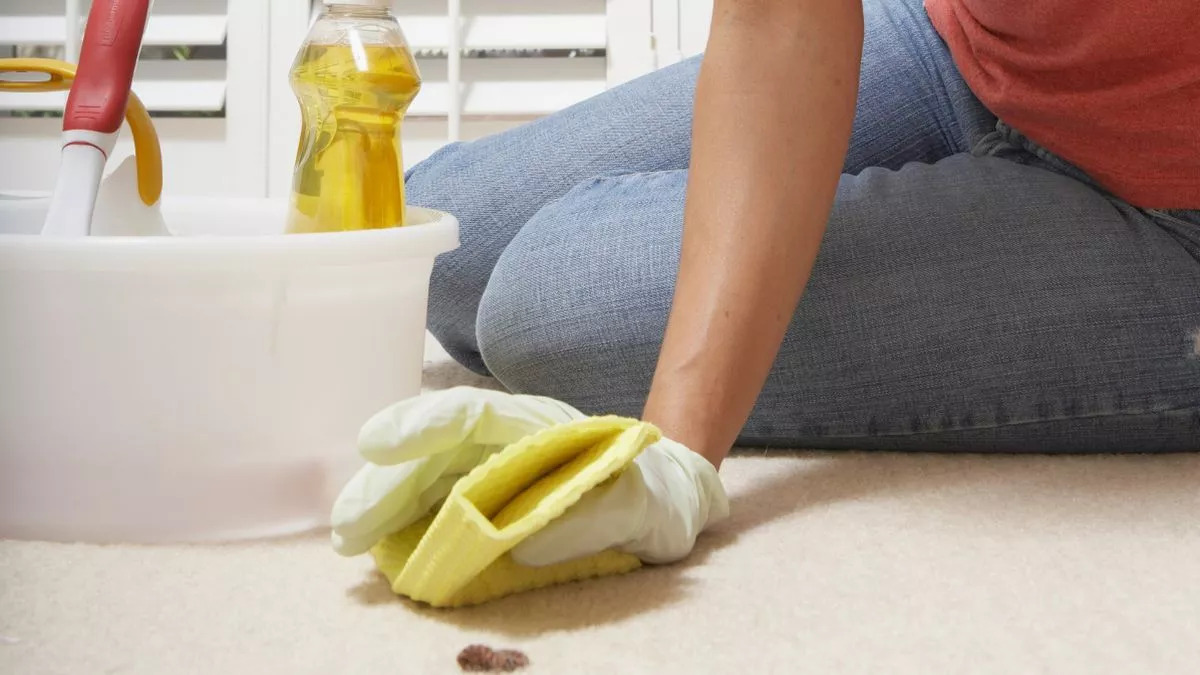
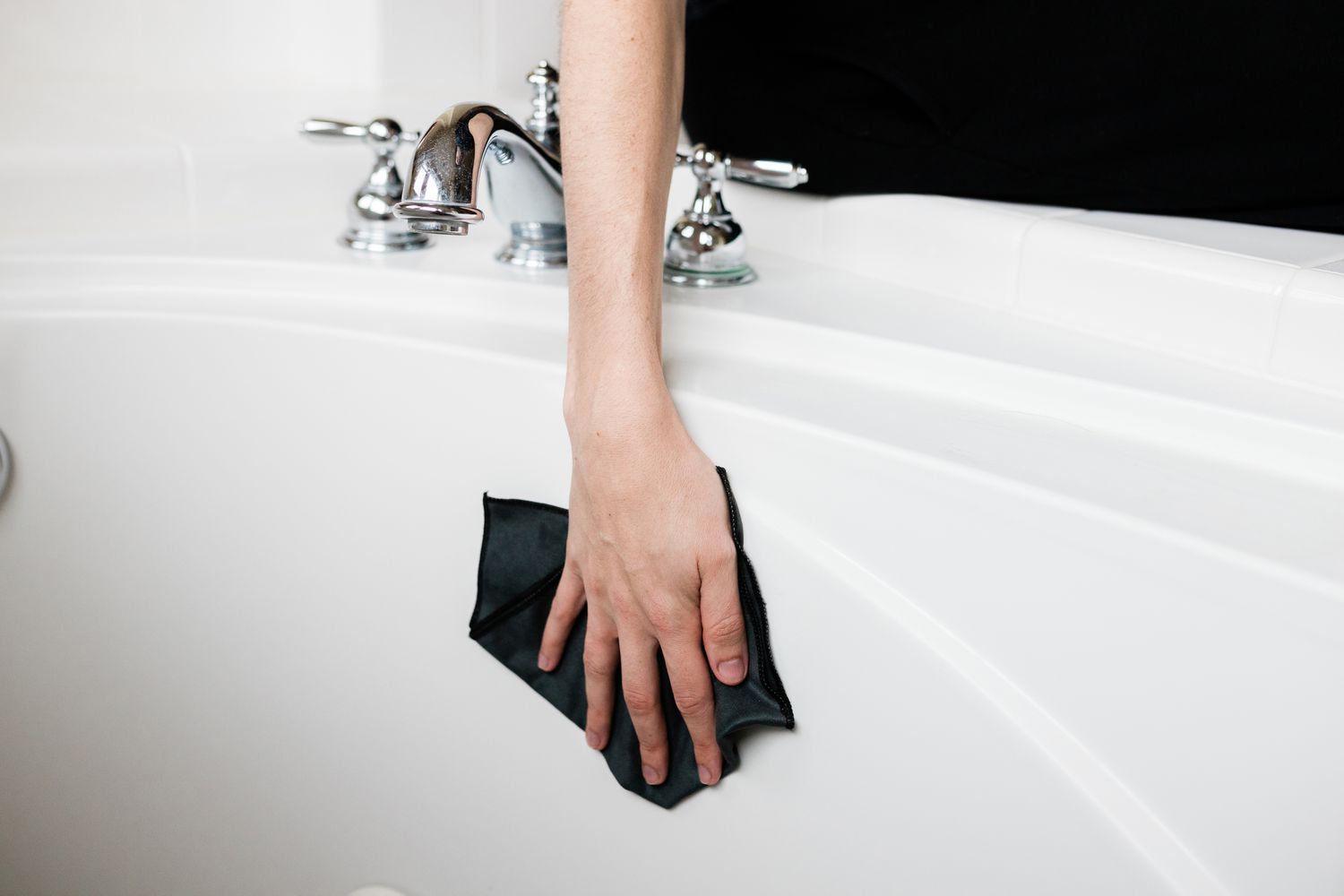

0 thoughts on “How To Get Rust Stains Off A Bathtub”